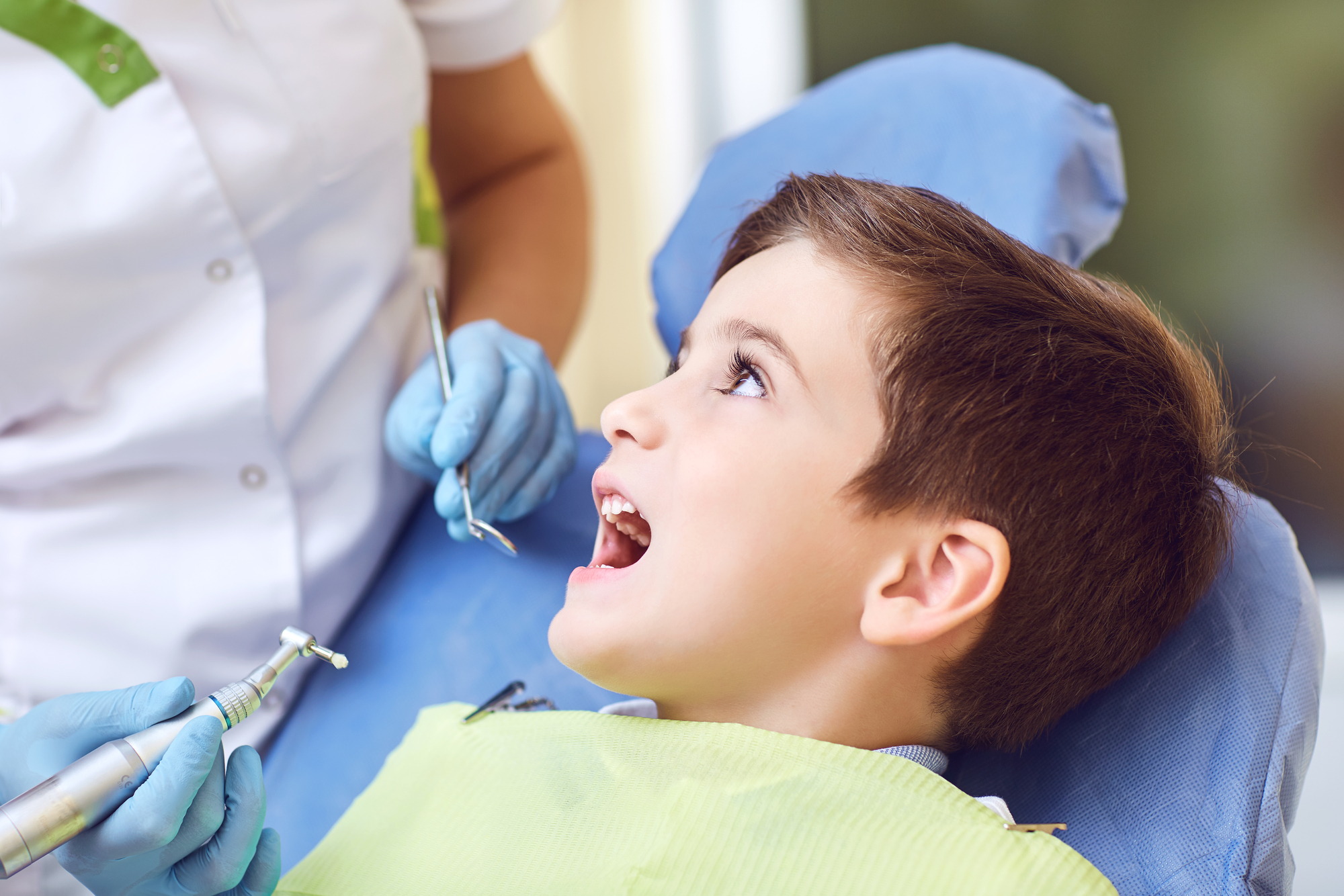Signs It’s Time To Replace Your Dentures
Dentures can be life-changing for those who have lost some or all of their natural teeth. A good quality denture can restore your ability to eat, speak, and smile with...

As parents, our children’s safety and health is our top priority. Knowing how to handle common pediatric dental emergencies can make all the difference in ensuring your child’s oral health. In this article, we’ll explore the most common pediatric dental emergencies, their causes, and how to respond.
A toothache is a common complaint among children, and it can be caused by various factors. In most cases, a toothache is not an emergency. However, if your child complains of a toothache, it is important to schedule an appointment with their dentist right away. Toothaches can be caused by decay (or a cavity), in which case you will want to have your child’s cavity treated and filled so that it doesn’t become worse.
For a mild toothache, administer over-the-counter oral or topical pain relievers if appropriate, following the recommended dosage for your child’s age. If your child is in severe pain or their toothache is accompanied by a fever, seek emergency dental immediately. It may be a dental abscess, which is a serious condition that requires immediate treatment.
Accidents are common, especially in active children, and it is not uncommon for a tooth to be knocked out. If the tooth in question is a baby tooth, it will not be possible to save it, but your child’s permanent tooth will eventually grow in. It is important to still make a dental appointment to assess the damage.
Like knocked-out teeth, chipped or broken teeth often result from falls, sports injuries, or accidents. If your child chips or breaks a tooth, follow these steps:
A lost filling can occur when a dental filling becomes dislodged from a tooth due to wear and tear or trauma. It may not be painful, but a lost filling should be handled by your child’s dentist as soon as you can make an appointment. Be mindful that a lost filling can mean that a sharp tooth edge is exposed and can injure other areas of your child’s mouth. If your child experiences a lost filling, here’s what you can do:
Tooth displacement, often caused by a blow to the face or mouth, can result in the tooth being pushed out of its normal position. Do not attempt to push the tooth back into place on your own. Advise your child not to chew on the affected area. Tooth displacement requires immediate attention to increase the chances of preserving the affected tooth and preventing complications.
While knowing how to respond to pediatric dental emergencies is helpful, preventing them is even better. Encourage excellent oral hygiene habits, including regular brushing, flossing, and dental check-ups. Additionally, ensure they wear appropriate protective gear when playing sports or engaging in other activities with a risk of dental injuries.
Don’t wait until an emergency strikes – book an appointment for your child today to ensure their smile stays healthy and strong!